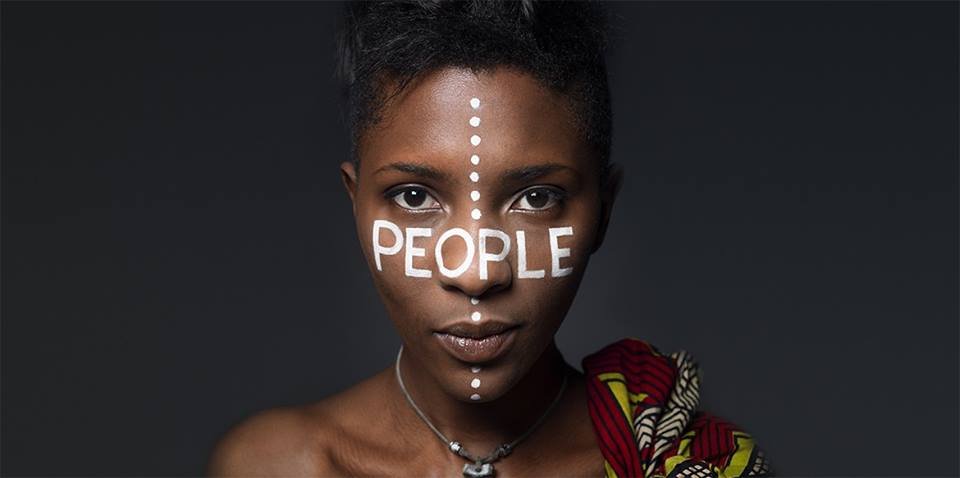The Ombudsman’s Office has confirmed that Costa Rica was unprepared to provide adequate care for deportees who have entered the country since February. This conclusion is outlined in a report, process carried out by the Ombudsman’s Office, which highlights that over the past six months, there have been significant weaknesses in the oversight process.
While these shortcomings have been progressively addressed, the report emphasizes the need for continued attention and reform. Angie Cruickshank, the Ombudsman, acknowledged the importance of migration agreements between countries but stressed that, in practice, all the necessary conditions for protection and care must be in place from the outset to ensure compliance with national and international human rights standards.
“Today, I say to the country that I hope, as Ombudsman, this unfortunate situation will not be repeated,particularly the conditions under which women, children, adolescents, and adults of various nationalities arrived here,” she noted.
The Ombudsman’s Office also emphasized that the 200 deportees received thus far should not be treated “as a package.” Instead, it urged that their different nationalities and the realities they face in their countries of origin be taken into account.
The institution mentioned that access to education for school-age children among the deportees was not guaranteed, which represents a critical gap in support services.
The report recommended that a standardized period of authorized stay be established for all deported individuals, with the possibility of extensions, particularly for those who are unable to return to their countries of origin or relocate to third countries.
It also proposed that deportees be granted the right to work, whether as self-employed individuals or as employees, and called for the elimination of any fees or administrative charges related to immigration documentation.
Additionally, it advocated for a more flexible process for obtaining legal status, allowing individuals to change their immigration category without being subject to the usual bureaucratic channels.
In terms of infrastructure and basic services, the Ombudsman’s Office suggested continued efforts to ensure the installation of Wi-Fi at the CATEM-Sur migrant attention center, improved access to communication services for migrants, and consistent monitoring of water quality, specifically by checking chlorination levels.
The report concluded by underscoring that the Costa Rican State must guarantee, at all times, full and unrestricted respect for the human rights of all individuals involved.




